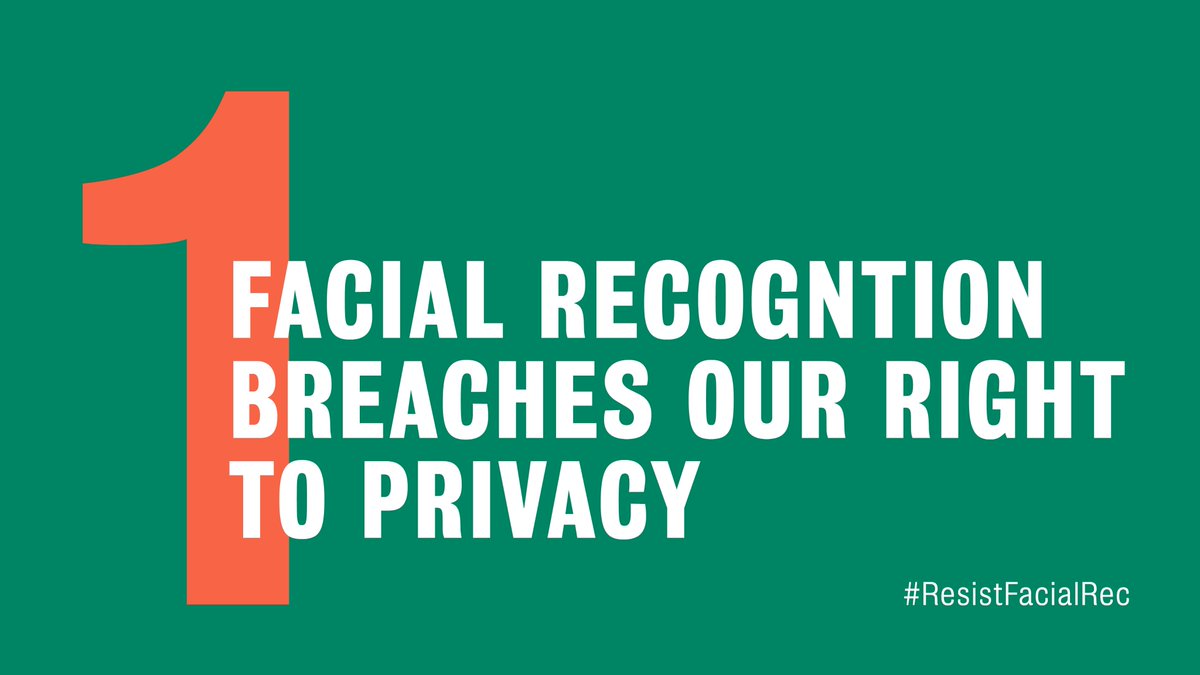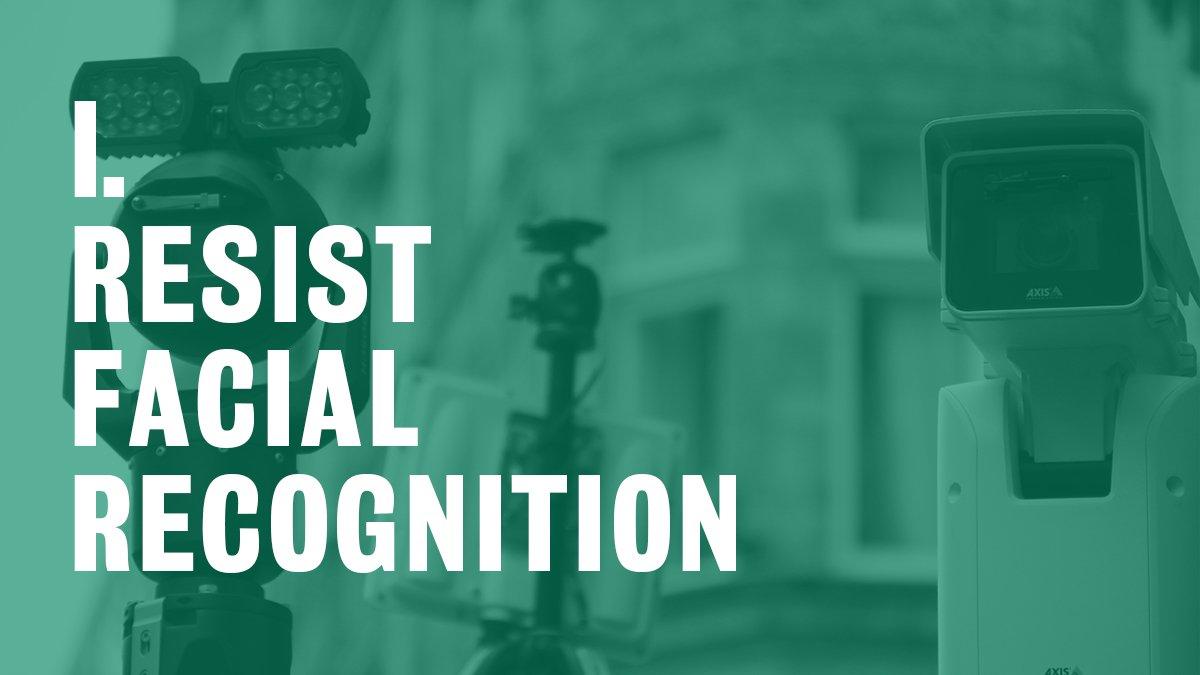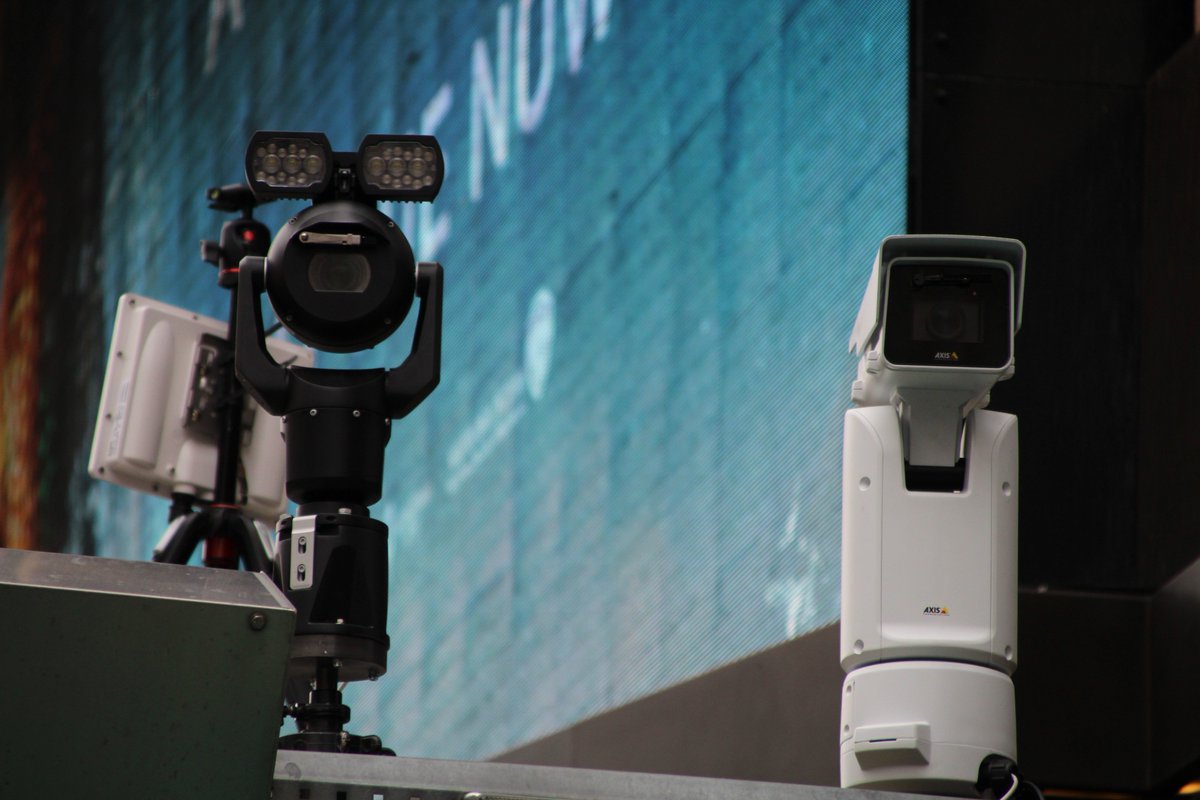
Gov says it wants to build back better – but the road map does nothing to #ProtectEveryone already left behind.
We’ve teamed up with expert charities, NGOs + lawyers to present a new way forward that supports people to stay safe:
THE PROTECT EVERYONE BILL
We’ve teamed up with expert charities, NGOs + lawyers to present a new way forward that supports people to stay safe:
THE PROTECT EVERYONE BILL
We’ll only get through this pandemic if we #ProtectEveryone without exception.
In a few weeks MPs can reject Gov's Coronavirus Act – which has stripped away rights and left people behind.
And they can replace it with the Protect Everyone Bill.
libertyhumanrights.org.uk/fundamental/co…
In a few weeks MPs can reject Gov's Coronavirus Act – which has stripped away rights and left people behind.
And they can replace it with the Protect Everyone Bill.
libertyhumanrights.org.uk/fundamental/co…
🆕#ProtectEveryone Bill:
🔘Suspends the racist hostile environment
🔘Respects disabled people’s rights
🔘Ensures everyone has safe housing
🔘Makes sure everyone can meet their basic needs
🔘Protects protest rights
🔘Guarantees MPs vote on lockdown restrictions
And more.
🔘Suspends the racist hostile environment
🔘Respects disabled people’s rights
🔘Ensures everyone has safe housing
🔘Makes sure everyone can meet their basic needs
🔘Protects protest rights
🔘Guarantees MPs vote on lockdown restrictions
And more.

The Bill exists thanks to:
@ACORNunion
@ALLFIEUK
@BIDdetention
@blkprotestlegal
@FocusOnLabour
@GypsyTravellerM
@GypsyTravellers
@InclusionLondon
@INQUEST_ORG
@JCWI_UK
@lawrsuk
@LSWUnited
@Medact
@NACCOMnetwork
@OpenRightsGroup
@Project17UK
@TransformJust1
@WIP_live
@womensaid
@ACORNunion
@ALLFIEUK
@BIDdetention
@blkprotestlegal
@FocusOnLabour
@GypsyTravellerM
@GypsyTravellers
@InclusionLondon
@INQUEST_ORG
@JCWI_UK
@lawrsuk
@LSWUnited
@Medact
@NACCOMnetwork
@OpenRightsGroup
@Project17UK
@TransformJust1
@WIP_live
@womensaid
• • •
Missing some Tweet in this thread? You can try to
force a refresh







